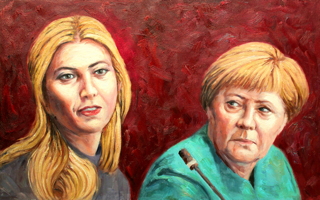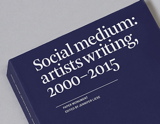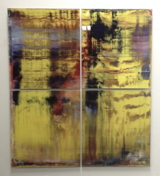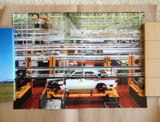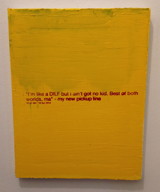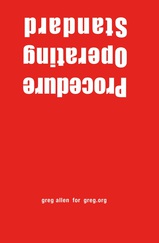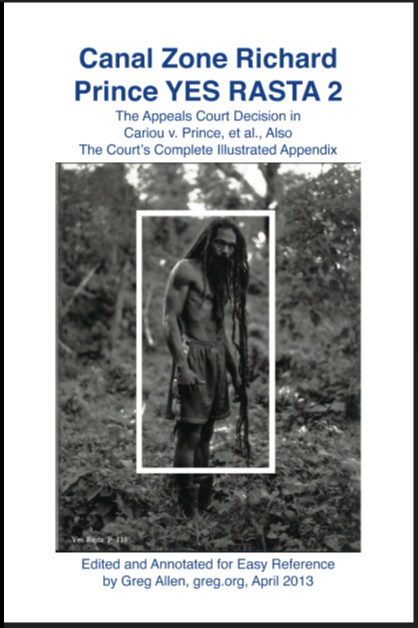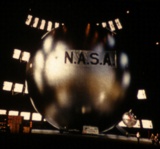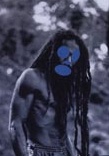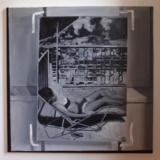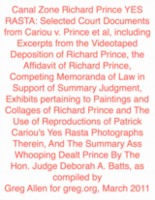In Frieze, Jennifer Allen [no relation] declares the death of photography. Film photography, that is:
Digitalization brings photography closer to cinema, too. The galloping horse that Eadweard Muybridge photo-graphed with 24 cameras can now be captured with one high-speed digital camera. While analogue cameras take five frames per second, the digital 'burst mode' can take 30 high-quality frames per second (and over 1,000 in lower quality). Photographers may keep their fingers on the button and choose the best frame later. In light of these developments, artists who made photographs look like film stills - Cindy Sherman in her series 'Untitled Film Stills' (1977-80) or Raymonde April in her series 'Sans titre' (Untitled, 1979-80) - anticipated the transformation of photography from a fleeting image to a moving one.If photography actually is dead, I'd hope it'd get a little better sendoff. Allen's onto something, but her piece ends before she's even able to make an argument. The obsolescence of film- and chemical-based photo technology is undeniable--not that anyone's denying it--but that means that photography's really just as dead as the medium it once supposedly killed: painting.Yet, if a camera can take 1,000 frames per second, are the resulting images photographs, stills or clips? If an artist prints one frame selected from 1,000 is she a photographer or an editor? Words like 'snapshot' and brands like Kodak's Instamatic cameras reflected the old desire to capture a moment that would otherwise disappear. With the speed and storage of today's digital cameras, it becomes hard to miss any moment.
Long Exposure [frieze.com]

